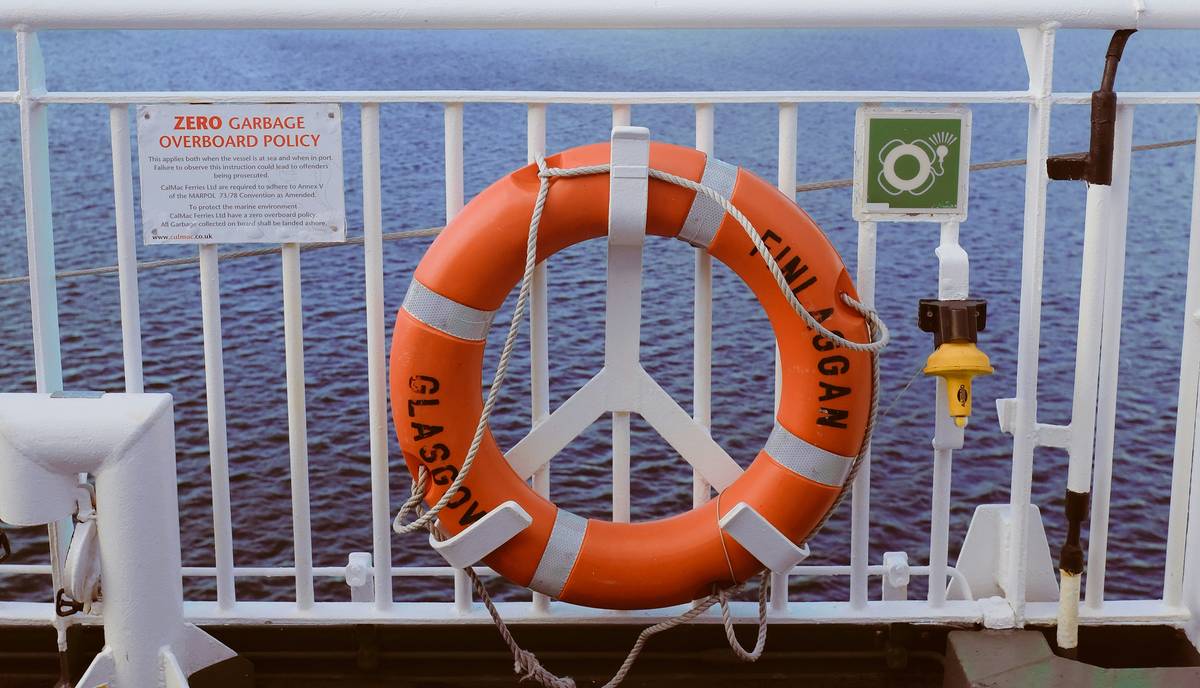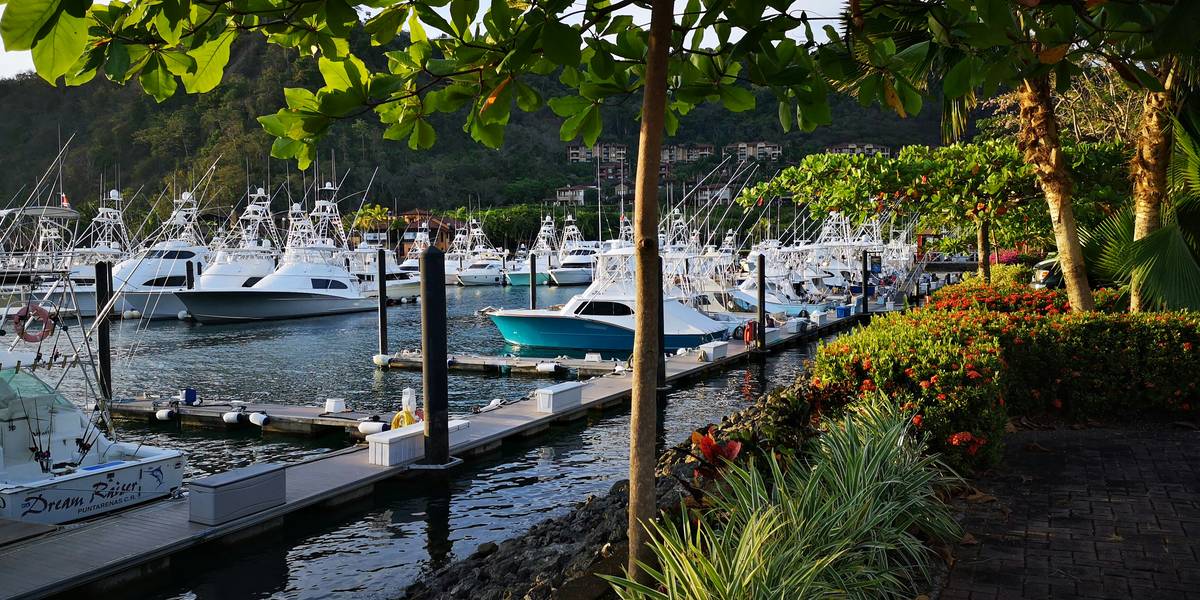Hook: Ever rented a boat, only to realize you’re one rogue wave away from financial ruin? Yeah, us too.
If you’ve ever dreamed of cruising the open waters without worrying about what happens when things go south (literally or figuratively), you’re in luck. Today, we’ll dive deep into marine guard insurance, helping you safeguard your next adventure while staying budget-friendly.
Purpose: This post will break down everything you need to know about marine guard insurance for boat rentals—from why it matters to how you can get covered.
Preview: We’ll explore the risks of renting boats uninsured, share step-by-step guidance on choosing the right policy, and even sprinkle in some brutally honest advice. Let’s set sail!
Table of Contents
- Why Does Marine Guard Insurance Matter?
- How to Choose the Right Policy
- Top Tips for Using Your Insurance Wisely
- Real-Life Examples and Success Stories
- Frequently Asked Questions
Key Takeaways
- Marine guard insurance protects renters from unexpected accidents, damages, and liability claims.
- Choosing the wrong policy can leave you exposed to costly repairs—or worse, lawsuits.
- Insurers offer flexible coverage options tailored to different types of watercraft.
- You don’t have to be an expert sailor to secure affordable protection—just follow our tips below.
Why Does Marine Guard Insurance Matter?

Renting a boat seems like pure freedom until disaster strikes. Imagine this: You’re motoring across the lake with friends, soaking up the sun. Suddenly—a hidden rock scrapes the underside of your craft, leaving behind a nasty hole. Who pays for the damage?
“Optimist You:” ‘Oh, I’m sure they’ll understand if I just… fess up?’
“Grumpy You:” ‘Ugh, fine—but good luck explaining that to the rental company.’
This is where marine guard insurance swoops in like a life vest. Designed specifically for renters, these policies shield you from:
- Accidental damage to the vessel.
- Third-party liability (like injuring someone else).
- Medical expenses resulting from onboard injuries.
Without it, you could end up shelling out thousands of dollars—and trust us, no selfie backdrop is worth THAT kind of debt.
How to Choose the Right Policy
Shopping for marine guard insurance shouldn’t feel like navigating uncharted seas. Here’s your step-by-step guide:
Step 1: Assess Your Needs
Ask yourself:
- What type of boat are you renting? (e.g., pontoon, jet ski, yacht)
- Will there be passengers onboard?
- Are you boating in calm lakes or stormy coastal waters?
Step 2: Compare Coverage Options
Policies vary widely, so look beyond price tags. Check what’s included—collision coverage, theft protection, etc.—and ensure limits align with potential risks.
Step 3: Read Reviews
Confessional fail moment here: Once, I skipped reading reviews because “who has time?” Spoiler alert—it led to an insurance claim nightmare involving a misplaced dinghy oar. Learn from my mistakes, people!
Top Tips for Using Your Insurance Wisely
Let’s chef’s kiss your risk management skills:
- Always Inspect Before Launching: Snap photos of any existing wear-and-tear before setting off. Sounds like your phone camera whirring? Perfect.
- Avoid High-Risk Zones: Navigating unfamiliar territories increases chances of mishaps. Stick to marked channels unless you’re secretly Poseidon.
- Don’t Ignore Fine Print: A terrible tip would be ignoring exclusions like alcohol-related incidents or racing bans. Please don’t do this; lawyers love those loopholes.
Real-Life Examples and Success Stories

Take Sarah W., who rented a speedboat last summer. Mid-lake joyriding turned sour when her son accidentally hit reverse instead of neutral during docking. Thanks to her marine guard insurance, she avoided footing the $5K repair bill.
Or consider Mark T., whose fishing trip took a turn when his line snagged a nearby buoy. Instead of panicking over penalties, he filed a claim under his liability coverage. Problem solved.
Frequently Asked Questions
Is Marine Guard Insurance Required by Law?
No, but many rental companies require proof of insurance as part of their agreement terms.
Can I Share My Policy with Friends Onboard?
Depends on the insurer. Some allow multi-user policies, while others limit it to primary renters.
Do I Still Need It If I Have Homeowner’s Insurance?
Most homeowner’s policies exclude watercraft liability. Double-check yours first, but assume yes—you’ll still need separate marine coverage.
Conclusion
Boat rentals should evoke images of carefree days on glittering waters—not heart-stopping invoices. With the right marine guard insurance, you can protect both your wallet and your wanderlust.
Remember: assess, compare, document, and enjoy. Because at the end of the day, nothing beats watching the sunset from your very own rented floating paradise.
Like a Tamagotchi, your SEO strategy needs daily care.
But hey—at least now YOU won’t sink your investments with reckless abandon.


